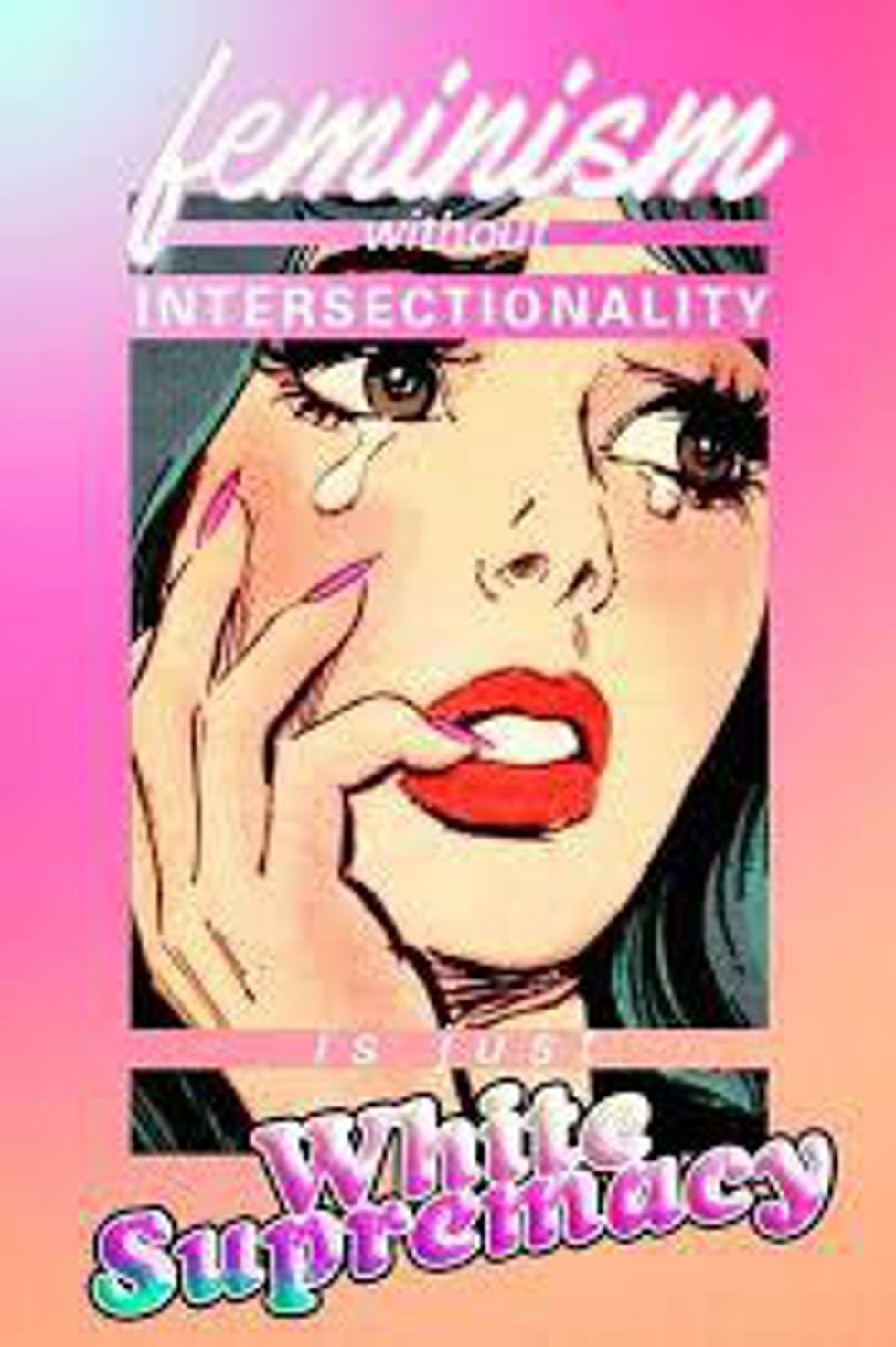Note: I am going to approach this article as a personal narrative of my experience/thought process surrounding the issue of white guilt. This is not intended to be a display self-flagellation to incur pity, praise, or reassurance for me. It is intended to be a narration of the learning process I underwent/am continuing to undergo, in the hopes that my experience may prompt others to their own self-reflection/evaluation.
I’m sitting outside my college’s bustling cafe, listening to Beyoncé’s singing pleasantly waft through the air.
I’m sitting here, relatively content, but with an underlying prickling feeling that has recently broached the realm of my everyday existence.
Guilt. Guilt of my status, my privilege.
For so long, I dwelt in the assumption that I was socially-conscious enough. That my liberal ideologies, my feminism, my calling out of homophobia and racism were sufficient.
Being here, at this beautiful college, I was made to realize an ugly truth: I was—am—not enough. I am not enough of an ally. I am not doing enough to actively deconstruct systems of oppression. I am complicit in the power structures that relegate non-whites to second-class citizens.
I prided myself for efforts I had made, patting myself on the back for (what I now realize are vastly insufficient) efforts to contribute to the fight for the fair, equitable treatment of fellow human beings.
The emergence of my white guilt began when I saw this image on a friend’s Facebook newsfeed:
“Feminism without intersectionality is just white supremacy.”
I am ashamed to say that my first reaction to seeing this was indigence. Perhaps because I clung to feminism as one thing I had gotten right in middle school—I had staunchly defended it in the face of the wave of scorn and stigmatization of the term from my fellow classmates.
This pictorial was an accusation—one I now realize is wholeheartedly justified. It was an accusation that my feminism failed to be intersectional—failed to consider “that women experience oppression in varying configurations and in varying degrees of intensity. Cultural patterns of oppression are not only interrelated but are bound together and influenced by the intersectional systems of society. Examples of this include race, gender, class, ability, and ethnicity” (quoted from Ava Vidal’s article on intersectional feminism). I am white, middle class, cisgender, able-bodied; the only oppression I encounter is being a woman in a patriarchal society. I’m on the “very privileged” end of the privilege spectrum.
The fact that I failed to recognize this—that I still have blind spots—means that I am being oppressive to the People of Color, indigenous peoples, Latina/o/x community, LGBTQUIA+ community, differently-abled persons, and others. To members of these communities who are reading this article: I am so, so sorry. I also acknowledge that my apology is meaningless without resolve to change. I acknowledge that my ignorance contributed/contributes to your oppression, and I will fight now alongside you to combat that oppression. I will not talk over you. I will listen. I will not presume to speak for you. I will use my privilege as you see best.
To the privileged members reading this—the able-bodied and/or white and/or cisgender and/or socioeconomically-advantaged and/or male—please join me in pledging to become better allies. And pledge that our words will not just be empty words, but will be accompanied by action—by attending rallies, by agitating for legislative action, by calling out offensive rhetoric/actions, by (most importantly) listening to the beautiful, vibrant, strong, incredible communities facing oppression.









 The minimum wage is not a living wage.
StableDiffusion
The minimum wage is not a living wage.
StableDiffusion
 influential nations
StableDiffusion
influential nations
StableDiffusion












